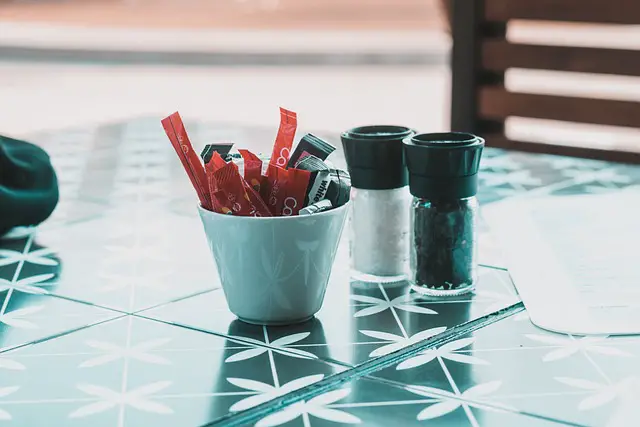photo courtesy of Pixabay Artificial Sweeteners Change the Gut Microbiome Don’t let the use of artificial sweeteners change your gut...

photo courtesy of Pixabay Artificial Sweeteners Change the Gut Microbiome Don’t let the use of artificial sweeteners change your gut...
